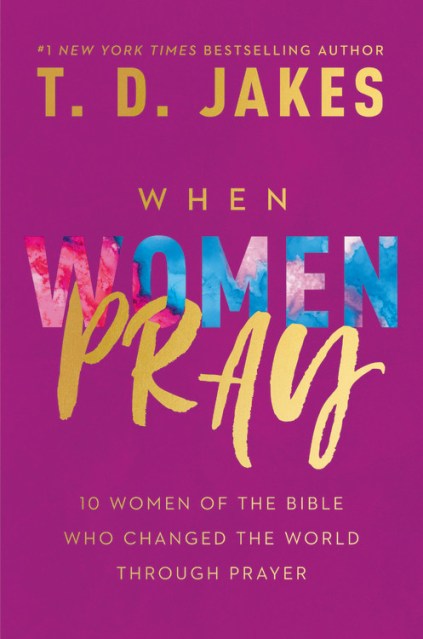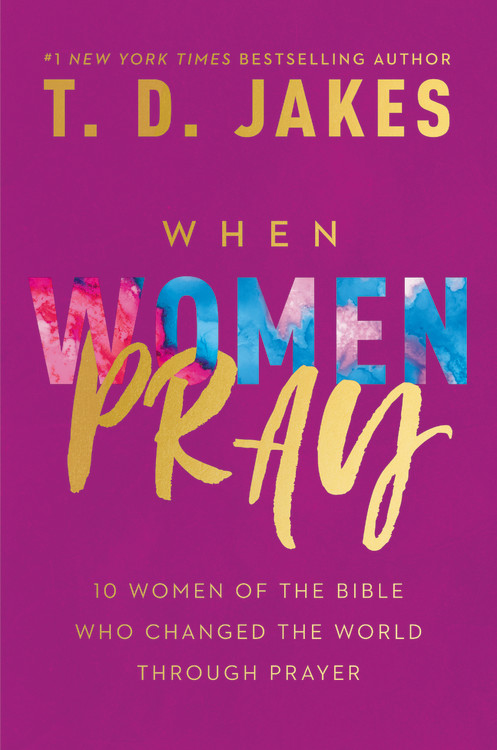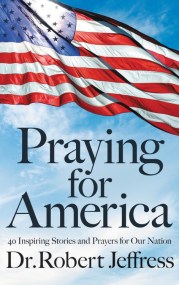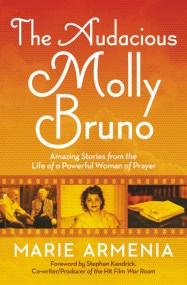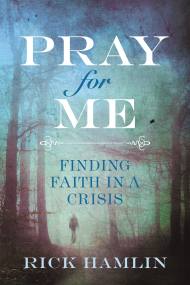By clicking “Accept,” you agree to the use of cookies and similar technologies on your device as set forth in our Cookie Policy and our Privacy Policy. Please note that certain cookies are essential for this website to function properly and do not require user consent to be deployed.
When Women Pray
10 Women of the Bible Who Changed the World through Prayer
Contributors
By T. D. Jakes
Formats and Prices
- On Sale
- Sep 29, 2020
- Page Count
- 224 pages
- Publisher
- FaithWords
- ISBN-13
- 9781546015598
Price
$24.00Price
$30.00 CADFormat
Format:
This item is a preorder. Your payment method will be charged immediately, and the product is expected to ship on or around September 29, 2020. This date is subject to change due to shipping delays beyond our control.
Buy from Other Retailers:
Find power in your prayer like never before with this inspiring guide from #1 New York Times bestselling author Bishop T.D. Jakes.
In a time when women carry more influence than any other generation, the power of prayer has never been more important to remind us that we do not have to bear our crosses alone. We need prayer to stand guard over our hearts and minds and over the hearts and minds of our families.
Women today are shattering glass ceilings and forging new paths in the world. What Happens When a Woman Prays is a clarion call for women to continue their progressive march of empowerment by dreaming like their daughters and praying like their grandmothers.
Through exploring the lives of 10 prayer-filled women of the Bible, Bishop Jakes emphasizes the life-changing power that women have when they find their identity, their strength, their healing, and their voices in Christ.
Newsletter Signup
By clicking ‘Sign Up,’ I acknowledge that I have read and agree to Hachette Book Group’s Privacy Policy and Terms of Use
